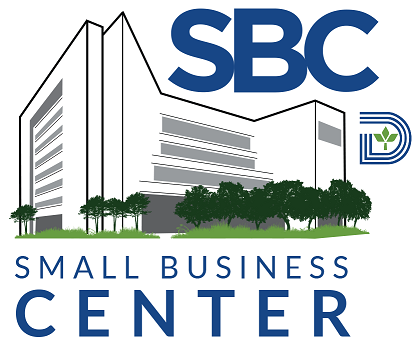In the wake of the 16-day government shutdown most people understand that government workers were affected and that a great deal of political mudslinging took place. But few in the private-sector are aware of how the shutdown will impact them even after the government has reopened its doors. “On October 18th the Small Business Administration (“SBA”) officials returned to work and to a backlog of several hundred loan-guarantee applications that were filed during the 16-day government shutdown” (see J.D. Harrison, Shutdown yields slowdown: SBA returns to hundreds of small-business loan applications, Washington Post, Oct. 18, 2013). As a small business owner one distinct advantage that you can typically have over your larger corporate competitors is that of adaptability. Usually the less complicated structure of a small business allows for ease of communication and that aids in helping the small business change with the times and to evolve quickly as economic conditions change. But the typical downside that a small business may face as compared to its corporate competitors is that a small business may not have the cash reserves or access to capital like a corporation does.

During the 16-day shutdown the government may have closed the doors, but most small business owners across the nation did not. The SBA’s 7(a) loan guarantee program has been a great resource for small business owners to obtain a small business loan. Under the 7(a) program financial institutions are encouraged to lend to small businesses because the federal government will take on some of the default risk. “During the shutdown, 700 entrepreneurs submitted $140 million worth of applications through the SBA’s 7(a) loan program. Those applications piled up in a queue while the agency was closed” (see Harrison, Washington Post). Jeanne Hulit, SBA acting administrator said, “her team is working hard to resume normal operation of our programs” (see SBA Blog Post, SBA is Back to Business, Oct. 17, 2013).
Access to capital is not only crucial for startups, but working capital and capital reserves can mean make or break for operating businesses. Hulit wrote on the SBAs blog, “During the shutdown, I heard stories from small business owners about contracts cancelled or put on hold, workers they had to furlough, and the potential for shift and staff reductions” (see SBA Blog Post, SBA is Back to Business). Post 2008, we have seen that for small business owners the “traditional” forms of capital finance have been evaporating sources that can dry up over-night. In this new economic environment, it would greatly benefit small business owners to not only be aware, but also to know how to quickly tap alternative forms of capital finance, one such form like crowdfunding.

Crowdfunding allows multiple investors (a “crowd”) to make relatively small investments in a small business in exchange for a small reward, an equity stake, or a debt position. Crowdfunding investments are typically made through an online platform. “The Securities and Exchange Commission recently proposed a final rule that would allow small business owners to sell a stake of their business on the internet to anyone in the United States” (see Diana ElBoghdady and J.D. Harrison, SEC proposes ‘crowdfunding’ rules for start-up businesses, Washington Post, Oct. 23, 2013). Small business owners should familiarize themselves with crowdfunding and understand that in capital strapped situations, crowdfunding can be a great tool to obtain capital to get you through the desert. Some crowdfunding platforms would even allow business owners to tap into their immediate community to look for investors. And, community investors typically look beyond the simple investment decision analysis and consider intrinsic factors such as seeing their neighborhood thrive or wanting to help Sarah the Dentist expand her practice. Crowdfunding can be a great method of capital finance for both startups and operating businesses and it’s a great tool to have in the bag when traditional methods are not available.
Content contributed by Jermaine A. Hunt, the Dallas Entrepreneur Network. The Dallas Entrepreneur Network is a proud affiliate of U.S.SourceLink, America’s largest resource network for entrepreneurs.



